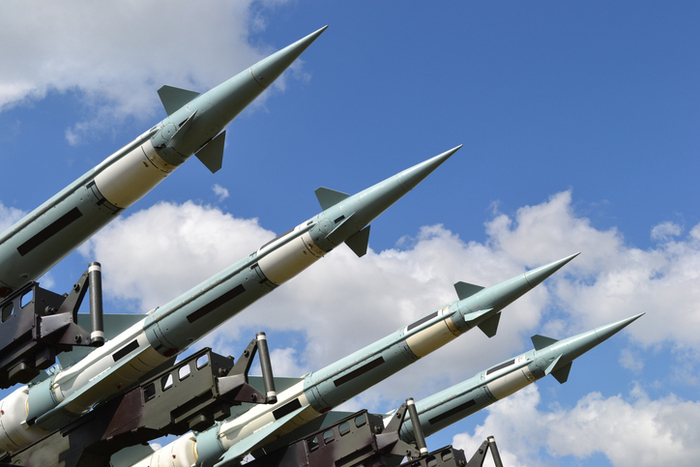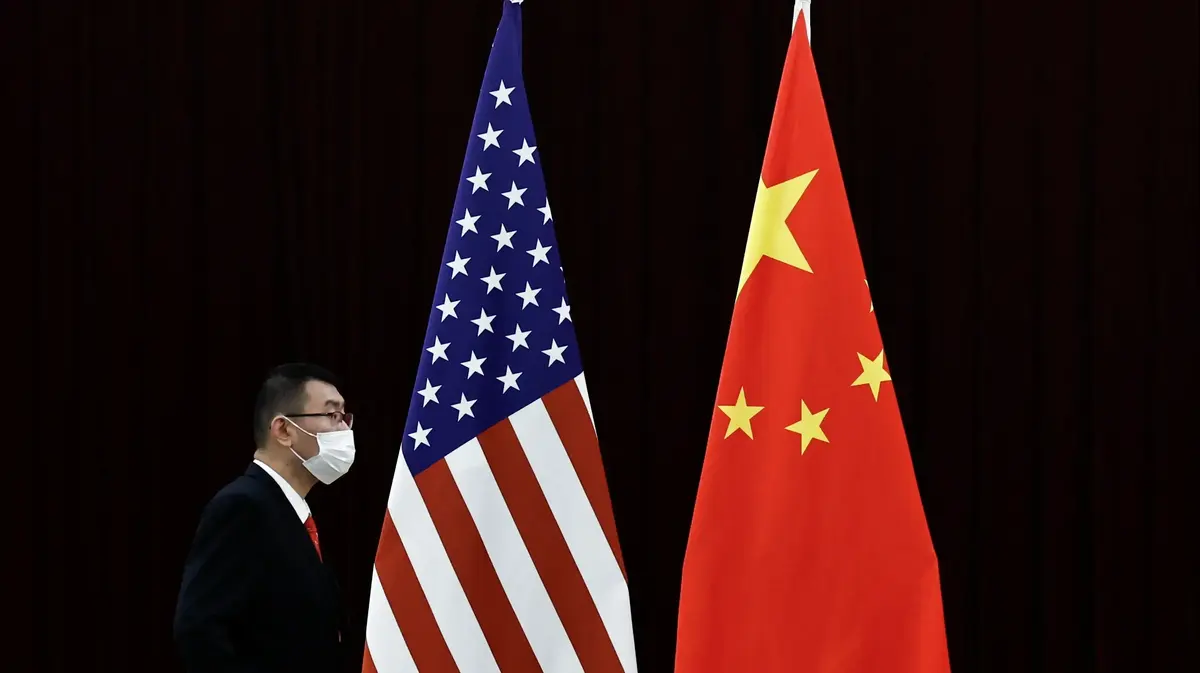Jean-Sylvestre Mongrenier is an associate researcher at the Thomas More Institute.
The next G7 summit will be held June 11-13, in Carbis Bay, in the southwest of England.
For the United Kingdom, the challenge relates to the concrete translation of the “
Global Britain
” project, the very one that inspired Brexit.
In truth, the stakes go beyond the political objectives of the host country alone.
This G7 must allow the West to renew its system of alliances.
Founded in the mid-1970s, on the basis of a French initiative, the G7 brings together the major developed market economy countries of the North Atlantic - the United States, Canada, France, the United Kingdom, 'Germany and Italy - as well as Japan, an Asia-Pacific powerhouse.
In the post-war period, the latter became an honorary member of the West.
When the United Nations Security Council was blocked by East-West rivalry, and the General Assembly dominated by a coalition of third world countries hostile to the Western world, the challenge was to have a place in which it would be possible to conduct club diplomacy, centered on monetary, financial and economic issues.
After the Cold War, this “club” with a muted atmosphere allowed itself to be won over by the mores of the entertainment society and
political
show business
, which could have undermined its action.
In addition, the bet of the transformation of post-Soviet Russia into a liberal democracy, this one joining the Western powers within a “G7 + 1”, was lost.
After the Kremlin
reunited
Crimea
manu militari in
early 2014, the “club” reverted to its previous composition.
One thing is certain: we must contain Beijing's ambitions, and therefore anchor in the Indo-Pacific.
Jean-Sylvestre Mongrenier
Far from being obsolete, the G7 is proving to be all the more essential to the coordination of Western policies as the balances of power and wealth shift towards the East. The deployment of power of the People's China on a world scale and the growing convergences between revisionist powers have the explicit aim of liquidating the secular hegemony of the West, of which the United States is never more than the geopolitical heirs.
In these decisive years, it is important to understand the need for the West to expand its alliances, especially in the Indo-Pacific zone, where the Chinese project of "new silk roads" threatens the freedom of navigation and the security of the United States. great maritime routes, vital for the prosperity of Europe. Already, the partial appropriation of the South China Sea (the “Asian Mediterranean”) is giving substance to this threat. We are therefore to be congratulated that the British government had the good taste to invite Australia, South Korea and India to Carbis Bay.
It is certainly open to discuss the interest or not of transforming this “club” with proven rules into a D10 (D for “democracies”); a “G7 +”, with variable geometry, may seem preferable. Correlatively, another debate concerns the possibility, for France and the United Kingdom, of joining the Indo-Pacific Quad, this “format” associating the United States, Australia, Japan and India. One thing is certain: we must contain Beijing's ambitions, and therefore anchor in the Indo-Pacific.
In fact, France is permanently in this vast space.
With its overseas territories and nine tenths of its maritime domain (the second in the world), it is indeed a power of the Indo-Pacific.
This geopolitical fact is reflected in a tightening of military, industrial and technological cooperation with the member countries of the Quad.
Unless we accept the idea of an inevitable decline, the United States and its European allies would therefore be well advised to support the axis between Israel and the Arab states signatory to the Abrahamic accords.
Jean-Sylvestre Mongrenier
In the Indo-Pacific zone, the diplomatic-strategic choices made by New Delhi will be decisive. For too long, the “forgetting of India”, on the philosophical level, had its geopolitical corollary, this country appearing as a demographic juggernaut oscillating between neutralism and philosovietism, ultimately monopolized by its internal problems. More than ever, India must face the ambitions of the People's China, allied with Pakistan, on its Himalayan borders, in South Asia and in the Indian Ocean.
It is therefore good that Western capitals strengthen their ties with New Delhi, both bilaterally and multilaterally. On this point, the question of a “comprehensive partnership” between NATO and India should be discussed at the Atlantic summit that will follow (Brussels, June 14, 2021). In addition to the development of military-industrial cooperation and military exercises, such a partnership would strengthen India's western flank and maritime approaches to the Middle East.
In fact, the importance of the stakes in South and East Asia cannot be the pretext to turn away from those of the Middle East. This region is inserted between the Atlantic and its Mediterranean extension on the one hand, the Indo-Pacific zone on the other. Highly strategic, this land and sea crossroads is the scene of strong geopolitical rivalries.
Already allied with Russia, Iran is getting closer to the People's China. Signed in July 2020, a strategic cooperation pact provides for, in return for preferential access to Iranian oil and gas, significant Chinese investments in energy, infrastructure, telecommunications and cybersecurity. A section is devoted to military intelligence. Joint aid from Beijing and Moscow may soon limit the effectiveness of the shadow war waged against Iran's nuclear program.
Unless they accept the idea of an inevitable decline, the United States and its European allies would therefore be well advised to support the axis between Israel and the Arab States signatory to the Abrahamic accords (2020), an essential condition for stabilizing the Middle East. Of course, this would not go without compensation in terms of the level of relations that these countries have with Beijing. In short, the struggle for a free and open Indo-Pacific region is also being played out in the heart of the Middle East. Let us not forget that.















